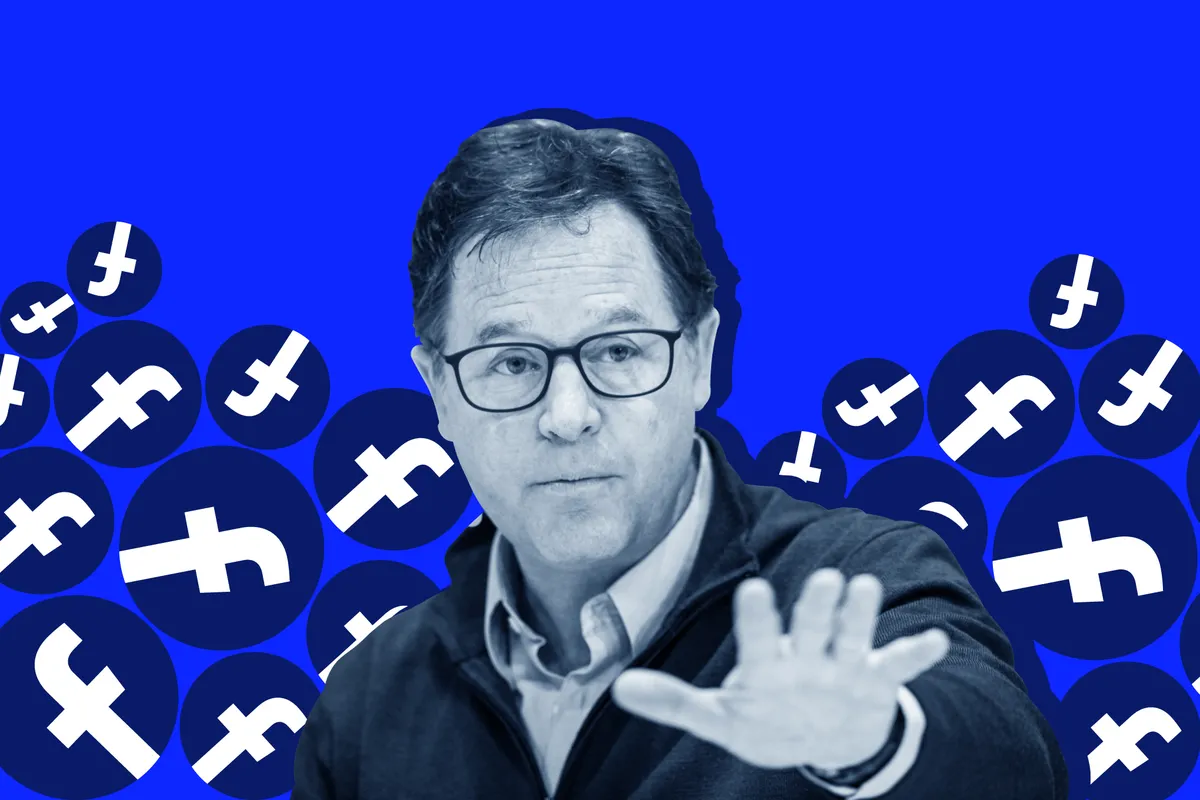Elon Musk continues to blame Twitter's new limitations on AI companies collecting "large amounts of data," as he announced new "temporary" limits on the number of posts people can read.
Now, unverified accounts will only be able to view 600 posts per day, and for "new" unverified accounts, just 300 per day. The limits for verified accounts (presumably, whether purchased as part of the Twitter Blue subscription, granted through an organization, or the verification Elon imposed on people like Stephen King, LeBron James, and anyone else with over a million followers) still allow reading only a maximum of 6,000 posts per day.
Shortly after that, Musk tweeted that the rate limits would "soon" increase to 8,000 tweets for verified users, 800 for unverified, and 400 for new unverified accounts.
The limitations came a day after Twitter began blocking access for anyone not registered, which Musk claimed was necessary because "Several hundred organizations (perhaps more) were collecting Twitter data extremely aggressively, to the point that it was affecting the actual user experience."

💡 Insight for Entrepreneurs:
Elon Musk and Twitter's announcement could be relevant for entrepreneurs for several reasons.
Firstly, limitations on the number of posts that can be viewed daily may impact the marketing strategies and data analysis of companies that depend on Twitter as an information source or customer interaction platform.
Secondly, these restrictions highlight the importance of having verified accounts on Twitter, as verified accounts will have fewer restrictions on the number of posts they can view compared to unverified accounts.
Furthermore, these changes emphasize the need for a balance between large-scale data collection and user experience. As an entrepreneur, it is essential to be aware of how your company's data collection practices might impact user experience and seek ways to minimize any negative impact.
Finally, this announcement also highlights the current tensions between technology and AI companies regarding data collection, which could have broader implications for regulation and privacy practices in the future.
Source: The Verge





